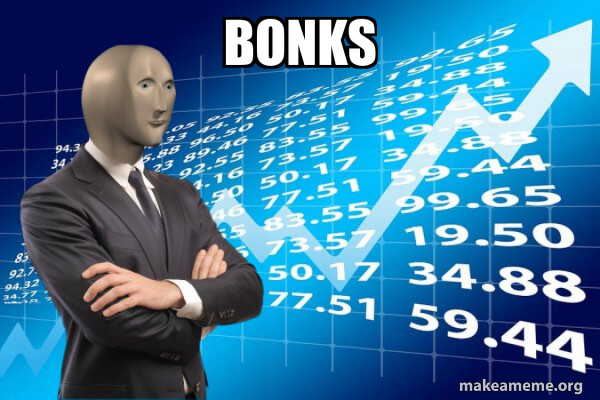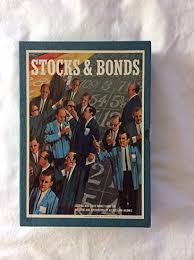I think that the present value of a TIPS bond fund generally depends on the relationship between long term expected nominal interest rates and long term expected inflation. Like if someone is trying to figure out the fair value today of a 10 year TIPs bond, you’d first estimate the coupons that will be paid based on expected inflation over 10 years, then discount that at a set of interest rates along the yield curve. I do think a portfolio of TIPS probably is somewhat defensive of short term high inflation because the coupons are indexed to inflation, but it interest rates rise that will tend to depress bond prices and that can wipe out any “gain” from inflation.
Inflation will fall sooner than discount rates.
So if I buy a bond do I get something like a dividend which is the interest payment on that bond every year? In a bond fund does that money pay out like a dividend?
Bonds are so confusing. Am I buying them because I want the interest paid on them, or am I buying them because I hope the price of the bond will go up?
If you directly buy the bonds, hold them to maturity, and the borrower doesn’t default, then you will get a return that is independent of movements in interest rates over the intervening period. The market value (what you can sell the bond for at any point in time) will be volatile over that period, but if you never sell the bond you won’t “realize” any of the volatility.
Thanks. So how does that work for a bond fund? Also what is the usual age to maturity of a corporate bond? I get that X-year treasuries are X years to maturity. Is that interest paid every year like a dividend?
This market update (see page 4 of the embedded file, the “Fixed Income Market Snapshot”) and you can see what is driving the TIPS prices. You can see that the market’s implied expectation for long term inflation is tracking in the 2.5% to 3% range over 10 years. So the increase in Treasury yields is more than the expectation for long term inflation. So the net impact is TIPS prices down.
You can buy bond ETFs that pay dividends similar to stock.
Bonds are incredibly confusing but one thing that is not intuitive is that bond funds are often very risky whereas individual bonds within the same fund are not.
The bond fund holds a portfolio of a bunch of bonds that are regularly maturing and they are buying replacements in the market. As an investor what you own is the units in the fund - you hold something that disburses your share of interest payments, and you can surrender your units at any point in time for the market price. But if you own units in a fund, you can’t just “hold” them to maturity like you can with an individual bond because the units don’t have maturity. It’s just your share of the total fund which is churning underlying bonds all the time.
Corporate bonds are issued at different terms just like government bonds.
Bond coupons are usually paid every 6 months.
I had to learn how bonds work because I started my career as a pension actuary. So I kept going into client meetings and explaining that because interest rates went down, the plan liabilities went up. No one could understand this - EXCEPT the Finance people who knew how bonds work.
pretty astonishing that here we are in 2022 and we’re all like “yo bois, which bonds should we buying now? whats hot in the bonds market?!?!”
Bonds are fun!
BONKS!

TLT can’t be terrible now … but you’re paying an expense ratio.
Wait, doesn’t interest rates going up mean NOT BONKS?
Not clear on BONKS terminology yet.
I mean, not a lot of upside if everyone agreed when you decided to hop in.
I think my bond understanding peaked at 8 years old playing this game with my dad.

lol, incredible